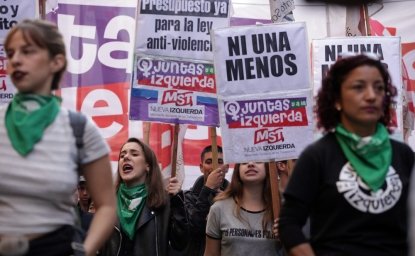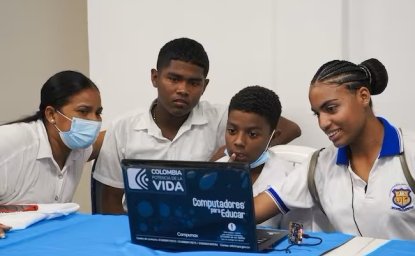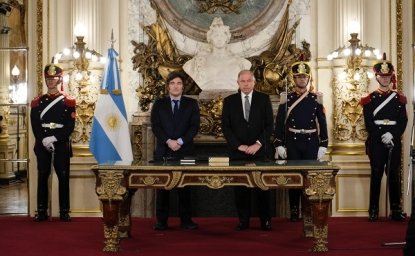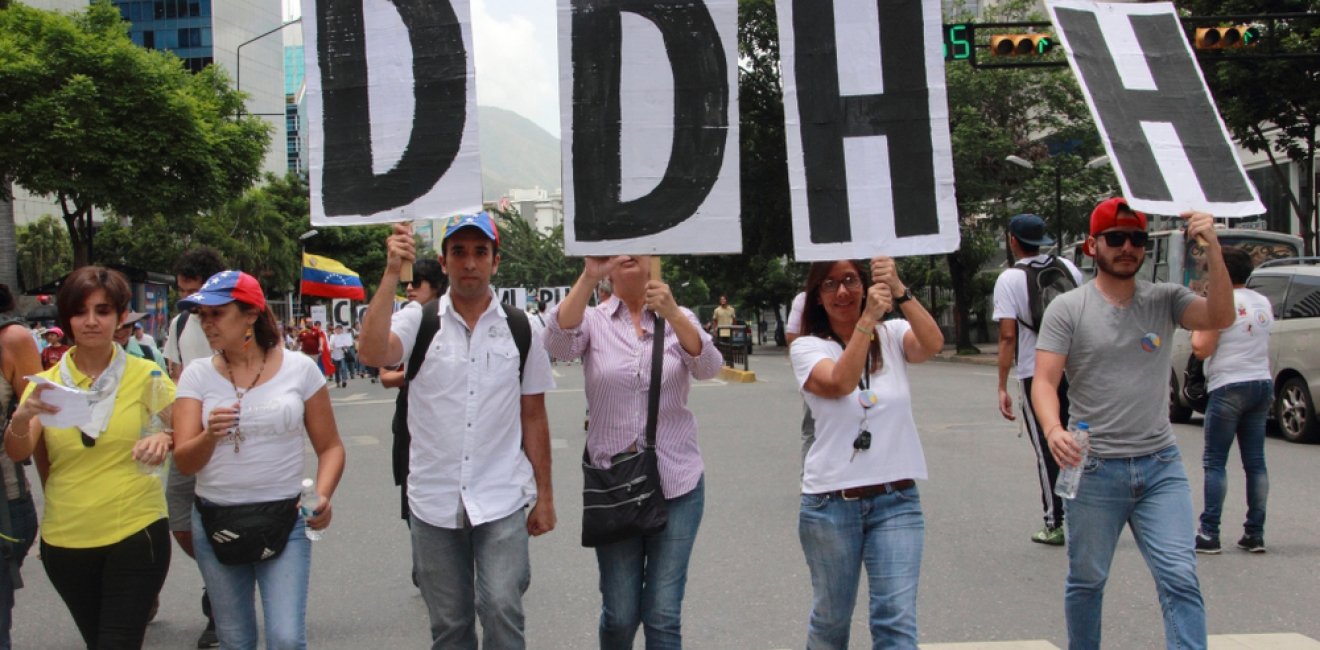
A blog of the Latin America Program
Twenty-three years ago, Venezuelans gave Hugo Chávez, a left-leaning populist, the chance to deliver on his promises of repairing their deteriorating democracy and improving their daily lives. The opposite happened. Today, Venezuela is a failing and authoritarian state, beset by a humanitarian emergency and the silencing of dissent.
This was clear in the latest report by the UN’s Independent International Fact-Finding Mission on the Bolivarian Republic of Venezuela (FFMV), which stresses that “the Venezuelan state relies on the intelligence services and its agents to repress dissent in the country. In doing so, grave crimes and human rights violations are being committed, including acts of torture and sexual violence.” The FFMV also condemns extrajudicial executions in security operations in low-income, urban neighbourhoods; the abuse of indigenous peoples; and “persecution, intimidation and arbitrary detentions targeting media workers, civil society organizations, human rights defenders and lawyers.”
‘The Venezuelan state relies on the intelligence services and its agents to repress dissent in the country.’”
Not surprisingly, Venezuelans are fleeing to escape this crisis. Families seeking a better future embark on dangerous journeys by foot, oftentimes through the Darién Gap jungle between Colombia and Panama en route to the United States.
Opposition politicians argue this migration will only decrease if Nicolás Maduro is displaced from power. They might be right. However, a transition to democracy seems unlikely at this very moment. Not only because the ruling coalition has managed to remain somewhat united despite international diplomatic and economic pressure, but also because opposing parties have failed to build a coherent, democratic alternative to challenge the highly unpopular regime. Instead of building on successful past experiences, including the Mesa de la Unidad Democrática coalition (2009-2015), which allowed the opposition to win a supermajority in the 2015 legislative elections, the ambition for immediate regime change through the collapse of chavismo, or foreign intervention, has distracted parties from their main task: party building and broad-based coordination.
Having prioritized the international arena as the main space for political action in recent years has come at a price. Today, around 40 percent of the population does not identify with either the government or the opposition. In a survey conducted by Delphos in July 2022, more than half of respondents could not name a main leader of the opposition. That represents an extraordinary missed opportunity, as nearly three-quarters of the population favour a shift in Venezuelan politics and most Venezuelans are willing to participate in the 2024 presidential elections.
Given public opinion, opposition parties should rethink their strategies.”
Given public opinion, opposition parties should rethink their strategies. The good news is that some appear to have rediscovered the relevance of domestic political activism. Traditional opposition parties – such as Acción Democrática, Un Nuevo Tiempo and Primero Justicia – are investing in party building and leadership renewal. For example, a female political leader from Portuguesa state, María Beatriz Martínez, was recently elected as Primero Justicia’s president. Looking ahead, she aims to focus on women, youth and building support outside Caracas. This is a notable shift in a highly centralized country, where decisions are mostly made my middle-aged men in the capital. Likewise, Henry Ramos Allup, who has led Acción Democrática for a long while, is supporting Carlos Prosperi as the party’s candidate in the opposition primaries next year. While Un Nuevo Tiempo has not yet announced a candidate, the party was among the first to organize an internal debate to discuss its policy priorities. In Zulia, its candidate, Manuel Rosales, won the gubernatorial election in November 2021 and he has focused on improving the local standard of living.
Despite the authoritarian context, civil society organizations, human rights defenders and ordinary citizens also remain committed to changing their country’s future. Seeking to end human rights abuses and achieve justice, activists engage in domestic and regional awareness raising campaigns so that violence and repression are not normalized. Similarly, humanitarian organizations tirelessly work to secure funds to alleviate human suffering, while everyday people hit the streets to demand social and economic rights. In 2022 alone, Venezuela recorded over 5,000 protests.
Humanitarian organizations tirelessly work to secure funds to alleviate human suffering.”
Not all hope is lost. Though today, regime change seems far away, society is still resisting. For that reason, 2024 provides an important opportunity for opposition parties to reshape its domestic strategy and build momentum for democratization.
Author


Latin America Program
The Wilson Center’s prestigious Latin America Program provides non-partisan expertise to a broad community of decision makers in the United States and Latin America on critical policy issues facing the Hemisphere. The Program provides insightful and actionable research for policymakers, private sector leaders, journalists, and public intellectuals in the United States and Latin America. To bridge the gap between scholarship and policy action, it fosters new inquiry, sponsors high-level public and private meetings among multiple stakeholders, and explores policy options to improve outcomes for citizens throughout the Americas. Drawing on the Wilson Center’s strength as the nation’s key non-partisan policy forum, the Program serves as a trusted source of analysis and a vital point of contact between the worlds of scholarship and action. Read more

Explore More in Weekly Asado
Browse Weekly Asado
¿Qué Vemos Hoy?

Uphill Battle for Argentina’s Feminists

ColombIA

